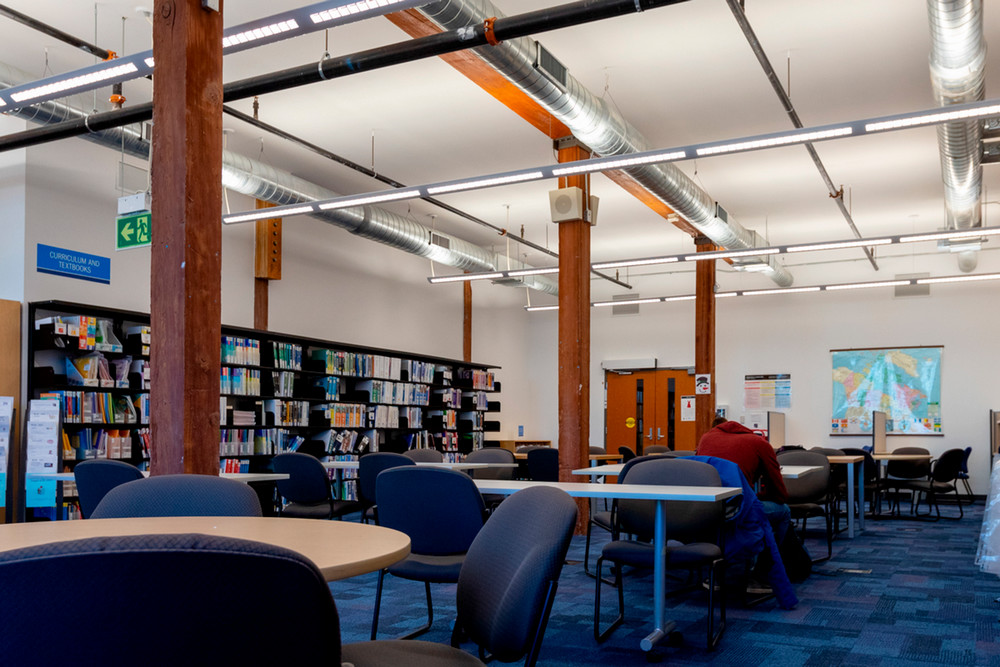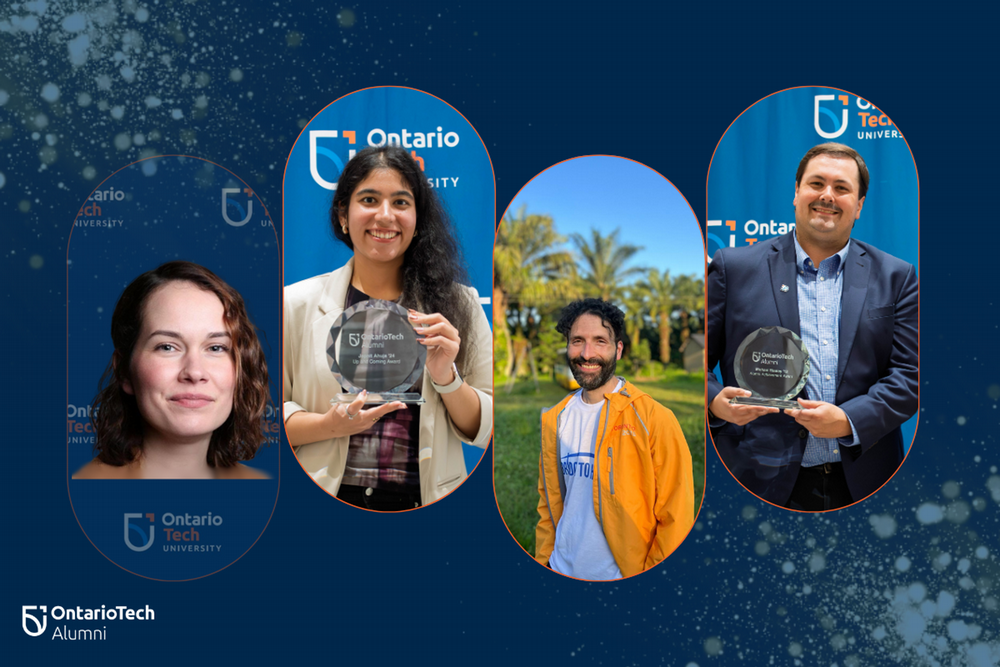Sustainability
We promote environmental, social and economic sustainability. Collaborating with faculty, staff and students, we implement best practices and create a culture of sustainability while encouraging community engagement. Explore our initiatives, events and opportunities to get involved.
Latest news
All news
Ontario Tech panel examines AI’s environmental risks and opportunities


Ontario Tech panel examines AI’s environmental risks and opportunities
January 14, 2026
Fast-track your law career with Ontario Tech University’s new accelerated pathway


Fast-track your law career with Ontario Tech University’s new accelerated pathway
January 12, 2026
Ontario Tech celebrates outstanding alumni who inspire change


Ontario Tech celebrates outstanding alumni who inspire change
January 8, 2026
Ontario Tech mourns the loss of Elder Shirley Williams


Ontario Tech mourns the loss of Elder Shirley Williams
December 22, 2025